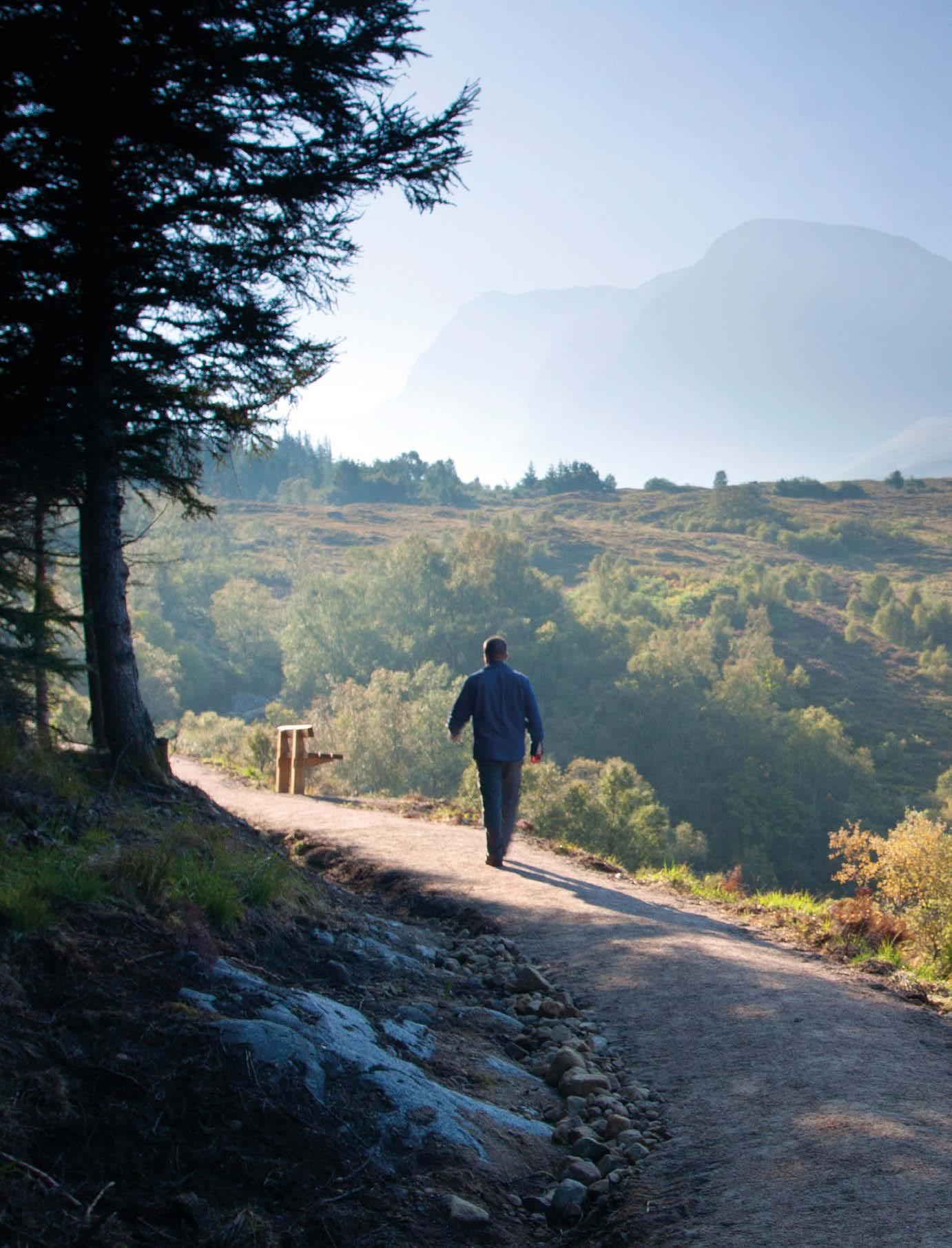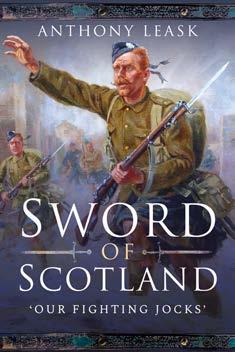
3 minute read
Runaway brides and grooms
The kirk didn’t take kindly to couples who eloped rather than follow its strict traditions, as these records show…
Words by ANTHONY ADOLPH
In a recent case, we found the following double-baptism record in the Old Parochial Registers (OPRs) of Gladsmuir, in the county of East Lothian, which was also known more picturesquely as the county of Haddingtonshire: • OPR for Gladsmuir, Ref 708/3
1801. Hogg William, Coalier in Penston and his wife Catherine Wilson had twins born the 22nd day of November 1801 and baptized by the Revd. Mr George Hamilton Minister of Gladsmuir and named William and Elspeth. Witnesses William Wilson & Peter Jeffries.
It is a good, detailed entry that includes witnesses’ names, details often ignored by people who try to do genealogy by index references alone, that can indicate wider relationships within the family. The next step, of course, was to look for a marriage for the parents. We searched knowing that the majority of Scottish marriages, before the advent of General Registration in 1855, were never recorded, but it is always worth looking, and in this case, we found the following: • OPR for Gladsmuir, Ref 708/3
1797. Hogg William, Coalier in Penston & Catherine Wilson were irregularly married at Edin[burgh] January Despite such unions being 6 1797 according to their marriage lines
legal, the kirk sessions often produced to the Session. In other words, fined wrongdoers instead of asking the minister to make his proclamations of their intention to marry, and then waiting patiently for these to be read out three successive Sundays and then being married in the parish kirk, collier Billy and his lass Kathy had run off together to Edinburgh and been married there and had then come back home. Perhaps the kirk sessions – the meeting of minister and elders, who together ran the church – had summoned them, fined them and then recorded the marriage, or, they had voluntarily presented the evidence of their marriage to the kirk sessions, and the event was duly recorded in the register. How much tutting was involved, we do not know. What amused me about this was the fact that, having found William’s baptism at Gladsmuir, a search for his own parents’ marriage revealed this: • OPR for Gladsmuir, Ref 708/2
1775. Hogg John and Mary Duncan both in this Parish were married irregularly at Edin. June 6th 1775.
Like father, like son...
In fact, the Hoggs seem to have cottoned on to the fact that the formality of proclamations and wedding ceremonies was not actually necessary under Scots law at all. Irregular marriages like the Hoggs’ were often of the sort termed clandestine or ‘inorderly’ marriages, performed by a nonEstablishment minister before witnesses, but without a church proclamation. The Hoggs had gone to Edinburgh because many such ministers were to be found there.
Yet even these formalities were unnecessary, for a marriage could be created by people simply living together, often after a betrothal party or ‘hand-fasting’. Such unions were recognised under the law as ‘marriages by declaration’ (de praesenti), in which no promise had ever been witnessed; ‘cohabitation with habit and repute’; ‘promise with subsequent intercourse’ (there would have been witnesses to the promise, though not, one hopes, to the subsequent intercourse) and ‘consent before witnesses’.
These latter types of marriage are legal phrases imposed on what normal Scottish people had been doing since time immemorial – courting, rolling in the heather and setting up home together. Needless to say, the Established Church took a very dim view of such activities, not least because they dispensed with the church’s involvement.
Until 1834, and despite such unions being legal, the kirk sessions often summoned wrongdoers, fined them and then acknowledged the marriage: the union may then appear in the OPRs, possibly identified as ‘irregular’, as in the examples here. Some irregular marriages were investigated in the law courts and may turn up in their records.
The number of people marrying ‘irregularly’ was as much as a third in the mid-1800s, falling to less than 10 per cent by 1914. Besides those who were simply in a hurry, or wanted to wed without family interference, irregular marriages were also favoured by members of dissenting congregations.
We were very lucky with the Hoggs: most irregular marriages did not appear in any records at all. S
Have your family history traced properly, using original, archival records, by a professional genealogist of more than 30 years’ experience. Anthony Adolph, genealogist, writer and broadcaster, is the author of 10 books, including Collins’ Tracing Your Scottish Family History (2008). anthonyadolph.co.uk; mail@anthonyadolph.co.uk; Callow Farmhouse, Callow, Herefordshire, HR2 8DE; 07890 068218










